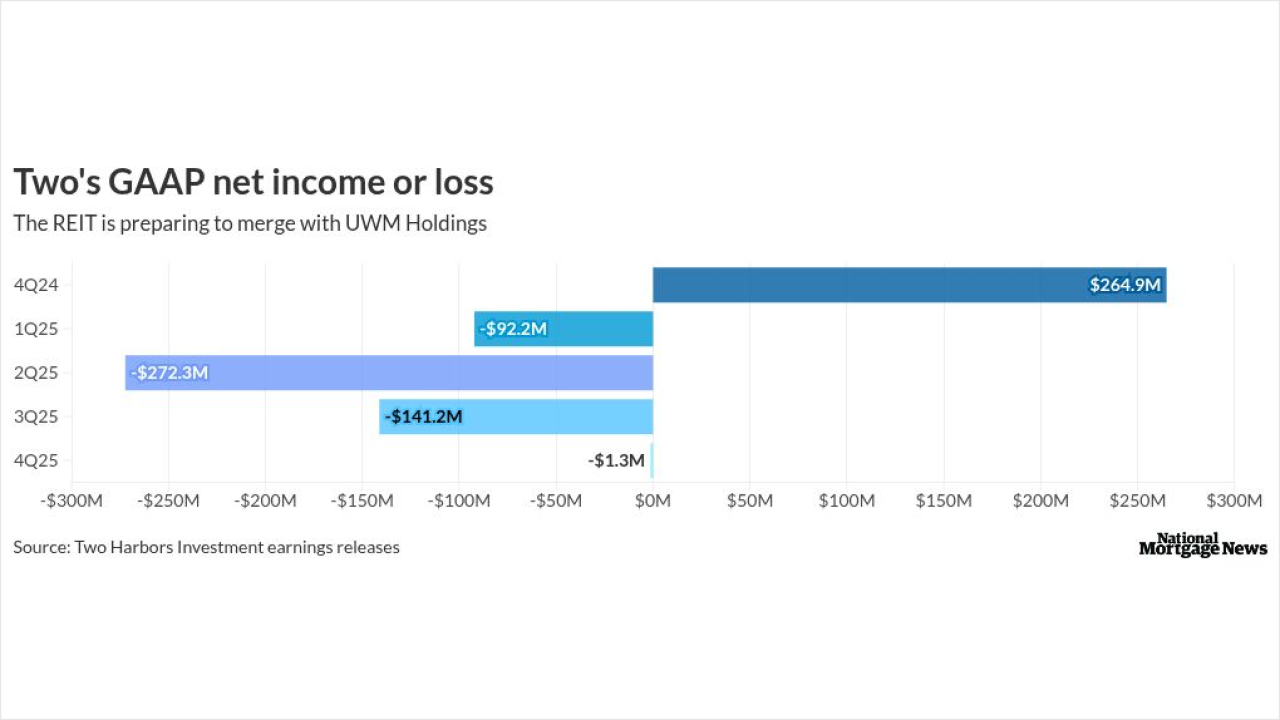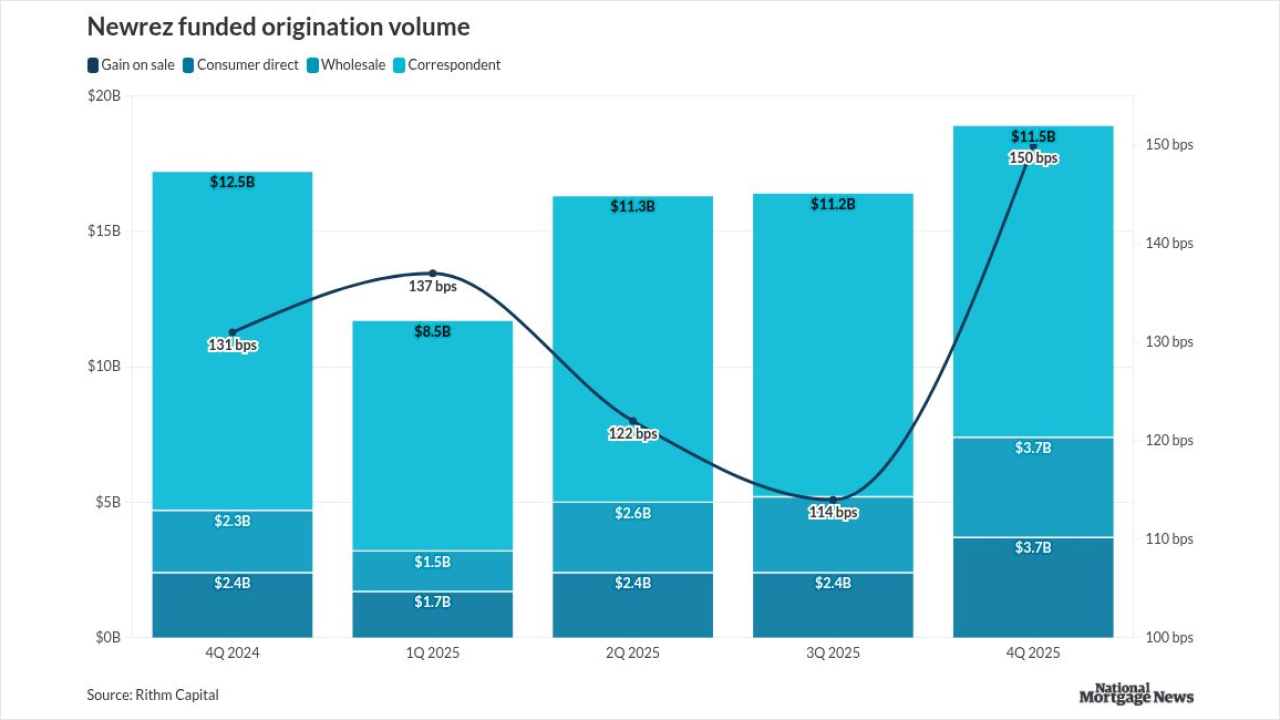Profit spiked at First Republic Bank in the third quarter as a result of record-setting loan originations and the ongoing expansion of its wealth management business, even as the bank swallowed higher costs related to employees and investments being made in a new subsidiary.
The $84.3 billion-asset bank on Friday reported net income of $200 million, an increase of 16.4% over the third quarter of 2016. Diluted earnings per share rose 14%, to $1.14, and total revenue was $670.3 million, up 20.1% from a year earlier.
Total deposits stood at $65.4 billion as of Sept. 30, up 18.8% from a year earlier. Checking account balances comprised 60.5% of all deposits.
For several quarters now, First Republic has been growing its fee-based business. Noninterest income soared by 22.7% from the third quarter of 2016 to $119.3 million. The bank attributed the growth mainly to an increase in wealth management revenue, which was $88.4 million for the quarter, up 22.9% from the prior year.
Wealth management assets reached a "significant milestone, now exceeding $100 billion," James Herbert, First Republic's chairman and CEO, said in a news release. The division's total assets under management ended the quarter at $101.3 billion, up 26.4% from the third quarter of 2016, as a result both of new client assets and of appreciation in the market value of prior assets.

Herbert also described the San Francisco private bank's third-quarter loan origination volume as its best ever. First Republic originated $7.2 billion of loans, an increase of 11.9% from the prior-year quarter that the bank attributed primarily to growth in business, multifamily and single-family lending.
Total loans outstanding, excluding loans held for sale, increased by 19.3%, to $59.5 billion, from Sept. 30, 2016.
Net chargeoffs for the quarter were only $655,000 — less than one basis point of average loans — though the bank added $10.1 million to its allowance for loan losses to compensate for the loan growth.
Noninterest expenses increased 23.9%, to $418.4 million. Most of the increase was due to employee salaries and benefits as well as costs associated with investments in technology and in Gradifi, a Boston company specializing in student debt repayment plans that became a wholly owned subsidiary of the bank in the fourth quarter of 2016.



